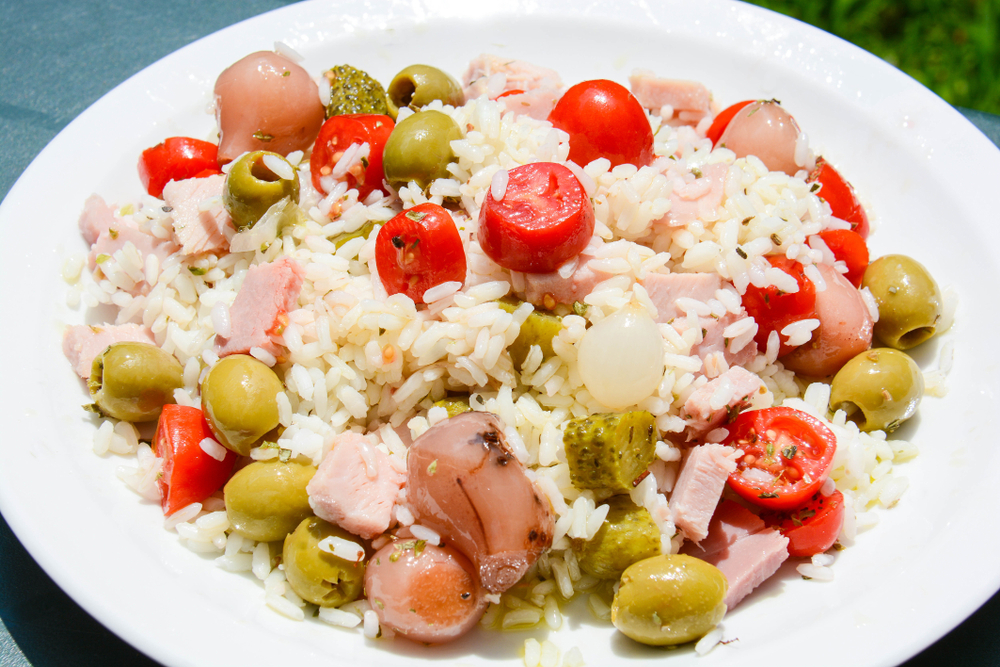Effective Dietary Approaches to Alleviate IBS Symptoms
Discover practical dietary strategies to manage IBS symptoms effectively. This guide highlights fiber enhancement, gluten-free options, low FODMAP diets, and low-fat choices, helping sufferers tailor their nutrition under medical supervision for better digestive health.

Effective Dietary Approaches to Alleviate IBS Symptoms
Managing irritable bowel syndrome (IBS) can be complex due to its diverse impact on digestive health. Some individuals suffer from diarrhea, others from constipation, and some experience alternating episodes. Factors like stress, medications, hormonal shifts, sedentary lifestyles, and certain foods can trigger or worsen symptoms. Diet is crucial in management; common triggers include dairy, sugars, greasy foods, preservatives, and gluten. Healthcare professionals often recommend customized diets such as the ones described below to help control symptoms effectively.
Enhance Fiber Consumption
For constipation-prone patients, increasing soluble fiber intake can facilitate easier bowel movements, softening stool. Foods rich in soluble fiber include fresh fruits, legumes, oats, barley, sweet potatoes, Brussels sprouts, carrots, sunflower seeds, and hazelnuts.
Gluten-Free Diet
If you experience symptoms like bloating, stomach pain, or gas after consuming wheat, barley, or rye, gluten sensitivity may be involved. In such cases, replacing these grains with alternatives like quinoa, millet, rice, buckwheat, or polenta can help reduce discomfort and provide necessary nutrients.
Low FODMAP Strategy
This approach involves limiting foods high in fermentable carbohydrates called FODMAPs, which cause bloating and belly ache. Common FODMAP triggers include onions, garlic, broccoli, cauliflower, apples, mangoes, dairy products, wheat, rye, nuts like cashews and pistachios, and artificial sweeteners. Cutting down on these items can substantially ease symptoms.
Low-Fat Eating Plan
High-fat foods, notably fried items and full-fat dairy, may worsen IBS symptoms, leading to diarrhea or constipation. It’s advisable to focus on fruits, vegetables, whole grains, and low-fat dairy to support gut health and minimize discomfort.
Achieving the ideal IBS diet involves trial and regular medical consultation. Personalizing eating habits with professional guidance enhances safety and effectiveness in symptom management.


